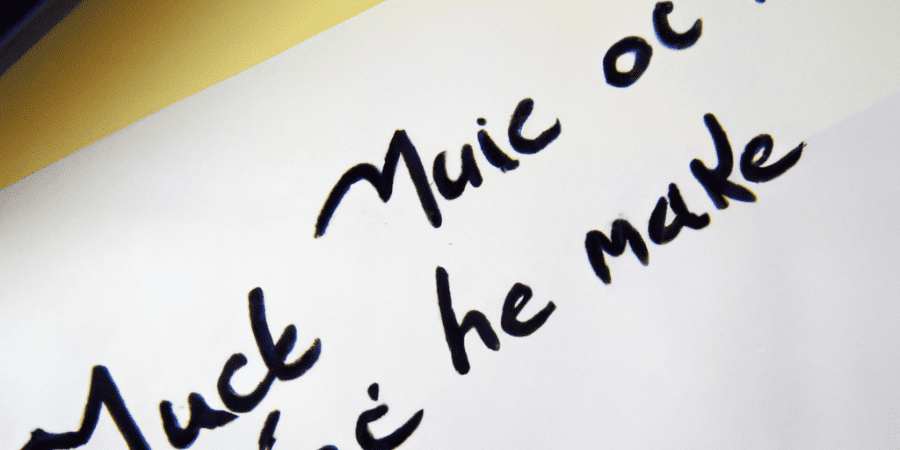The Influence of Classical Music on Modern Music: A Harmonious Journey Through Time
Music is a language that transcends time and connects people from different eras. While classical music and modern music may seem like two distinct genres, they share a deep-rooted relationship. In this article, we’ll explore how classical music has played a significant role in shaping and inspiring modern music.
1. Classical Music as a Foundation
Classical music forms the foundation of modern music. Composers from the classical era, such as Johann Sebastian Bach, Wolfgang Amadeus Mozart, and Ludwig van Beethoven, revolutionized composition techniques and established the principles of harmony, melody, and rhythm. Their compositions set a benchmark for musical innovation and creativity.
- Bach: Known for his intricate counterpoint and harmonies, Bach’s compositions laid the groundwork for modern music theory.
- Mozart: Mozart’s brilliance in composing symphonies, concertos, and operas showcased the power of storytelling through music, influencing modern song structures.
- Beethoven: Beethoven’s emotional and expressive compositions challenged traditional forms, paving the way for more adventurous and introspective modern works.
2. Borrowing from the Classicals
Modern music often borrows elements from classical music to create a sense of nostalgia or add sophistication. Many contemporary artists incorporate classical instrumentation or arrangements to evoke a certain mood or elevate their sonic palette.
For example, the use of string sections in pop ballads, such as Adele’s “Someone Like You” or The Verve’s “Bitter Sweet Symphony,” adds a touch of grandeur and emotional depth reminiscent of classical orchestral compositions.
Additionally, sampling classical melodies, as seen in electronic music or hip-hop, creates a fascinating fusion of old and new. Kanye West’s “Runaway” cleverly samples Sergei Rachmaninoff’s Piano Concerto No. 2, infusing classical beauty into a contemporary hip-hop track.
3. Reimagining Classical Works
Another way classical music influences modern music is through reinterpretation and covers of classical works. Artists often breathe new life into timeless compositions, introducing them to a wider audience and making them relevant in today’s musical landscape.
One such example is the rock band, The Who, and their iconic song “Baba O’Riley.” The opening synthesizer arpeggios in this song bear a striking resemblance to the arpeggios found in the opening of Ludwig van Beethoven’s Symphony No. 9. The influence of Beethoven’s masterpiece adds a layer of sophistication to the energetic rock anthem.
4. Breaking Boundaries
Classical music challenged conventions during its time, and the spirit of breaking boundaries continues to thrive in modern music. Both genres defy expectations, experiment with new sounds, and seek to push the limits of musical expression.
Avant-garde composers like Igor Stravinsky and John Cage introduced unconventional rhythms, dissonance, and experimental techniques in their compositions. These daring musical concepts continue to influence modern artists who strive to create innovative and unconventional music that pushes the boundaries of what is accepted.
5. Classical Training for Modern Musicians
Many modern musicians, regardless of their preferred genre, receive classical training as a foundation for their musical education. Classical techniques teach musicians discipline, technical mastery, and a deep understanding of music theory.
Artists like Elton John, Freddie Mercury, and even jazz virtuoso Miles Davis, all had classical training that contributed to their unique style and musical prowess. The influence of classical education can be seen in their compositions, arrangements, and performances.
Conclusion
Classical music has had a profound impact on modern music. Whether through direct homage, borrowing elements, reimagining classics, or breaking boundaries, the legacy of classical composers reverberates across time. As modern musicians continue to innovate, classical music remains an essential source of inspiration and a testament to the enduring power of musical genius.
So, the next time you listen to your favorite modern song, take a moment to appreciate the rich heritage of classical music that lies within it.
